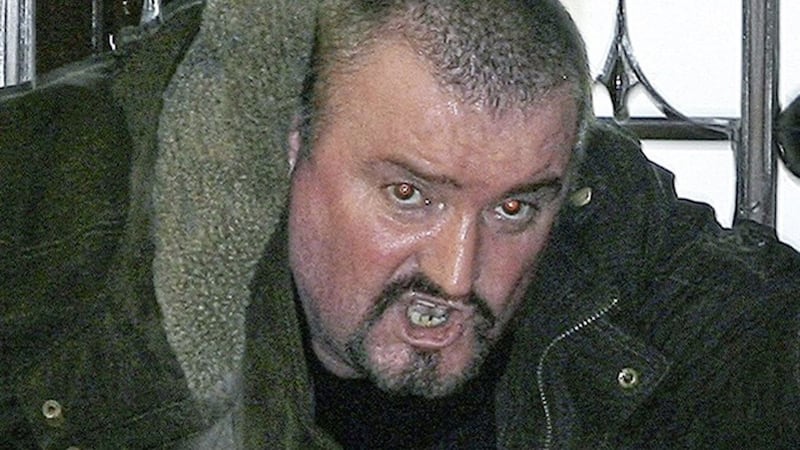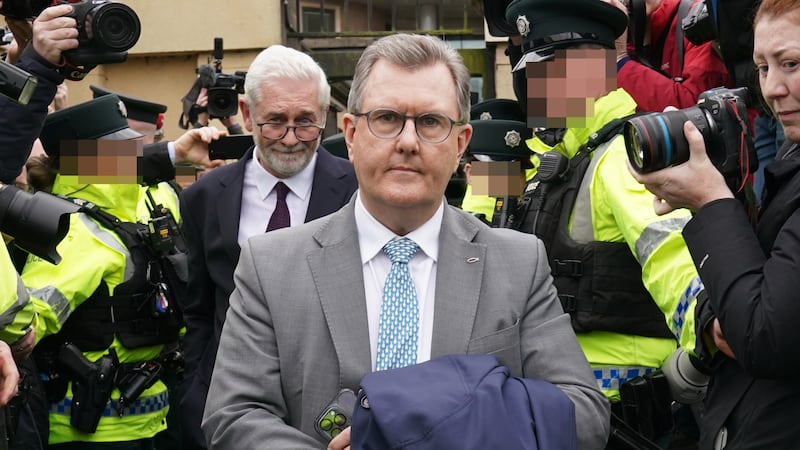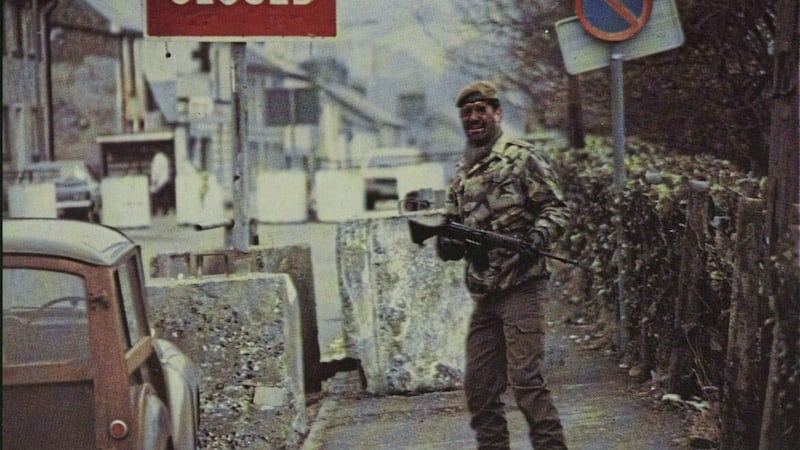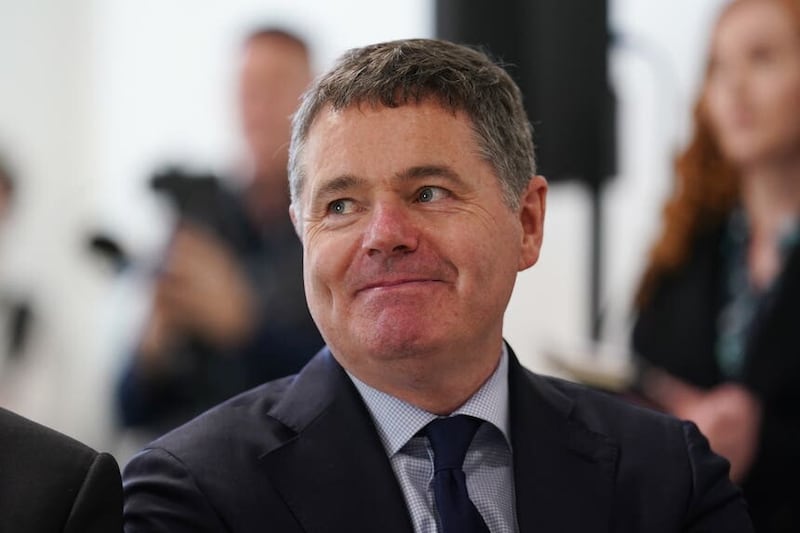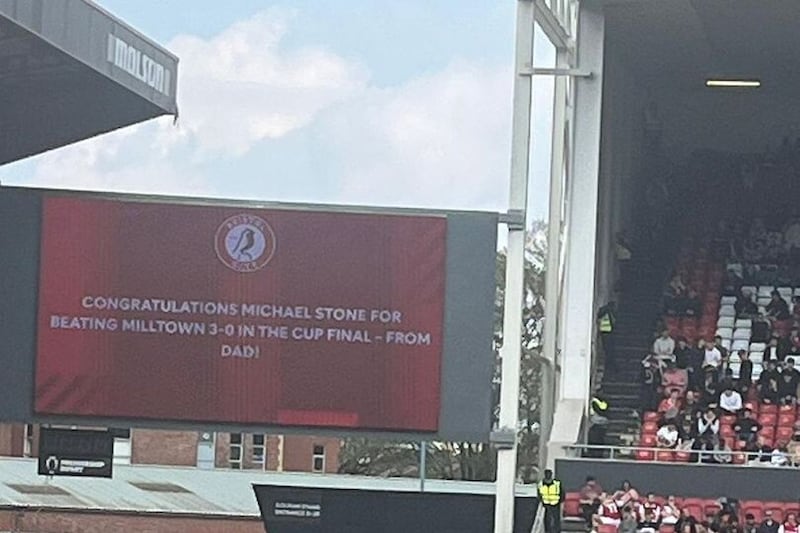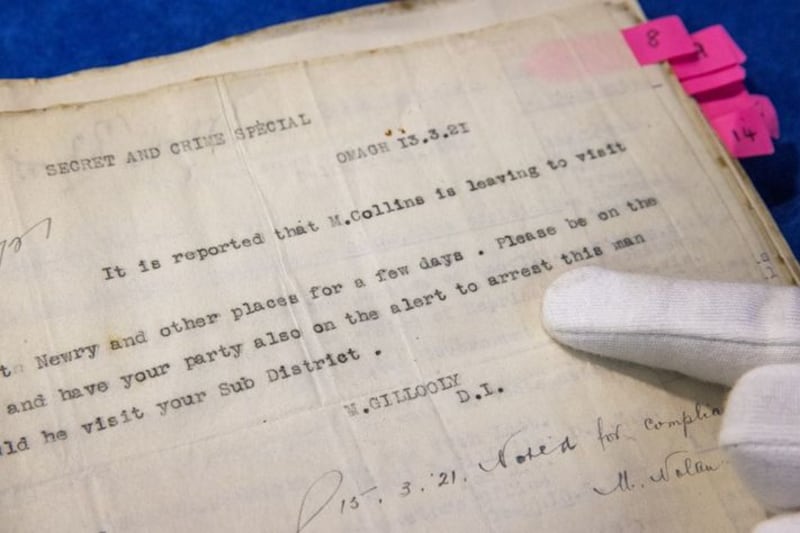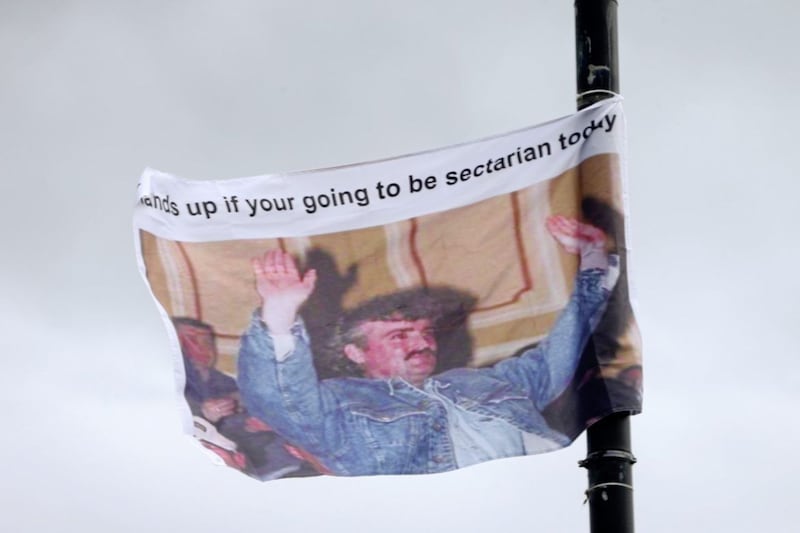LOYALIST killer Michael Stone is set to resist any disclosure of his medical records for a legal challenge to his release from jail.
Counsel for the Milltown Cemetery bomber told the High Court today that the evidence should remain private.
Stone had been imprisoned for waging a sectarian murder campaign expected to keep him behind bars until 2024.
But last month the 65-year-old ex-UDA man was freed on parole from Maghaberry.
The sister of one of his victims is now seeking an urgent judicial review into the lawfulness of that decision.
As part of the case parole commissioners were ordered to disclose reasons for the decision to release Stone.
Mr Justice Colton was told today that a heavily redacted summary has now been provided.
However a lawyer for Deborah McGuinness said a dossier of material still cannot be examined.
Ms McGuinness's brother, Thomas McErlean, was among three mourners Stone murdered in a grenade attack on an IRA funeral at Milltown Cemetery in 1988.
According to previous reports Stone now suffers from a myriad of health conditions.
Counsel for Stone indicated his opposition to further disclosure on human right grounds.
Stone, who was also the gunman in three other killings, had previously been freed on licence in 2000.
Six years later he was returned to jail after launching an attempt to murder Gerry Adams and Martin McGuinness at Stormont.
Stone denied it had been an attempt to murder, instead claiming it was an act of performance art.
In 2013 he was told that he must serve the rest of the 30-year tariff on his life sentence.
A series of legal cases have centred on the eligibility of the parole commissioners to assess his suitability for release.
Last November the Court of Appeal overturned a decision that he must remain behind bars until 2024.
Judges held that the six years he spent out on licence should count towards the 30-year tariff, leading to the decision to grant him parole.
The case was adjourned for four weeks.
